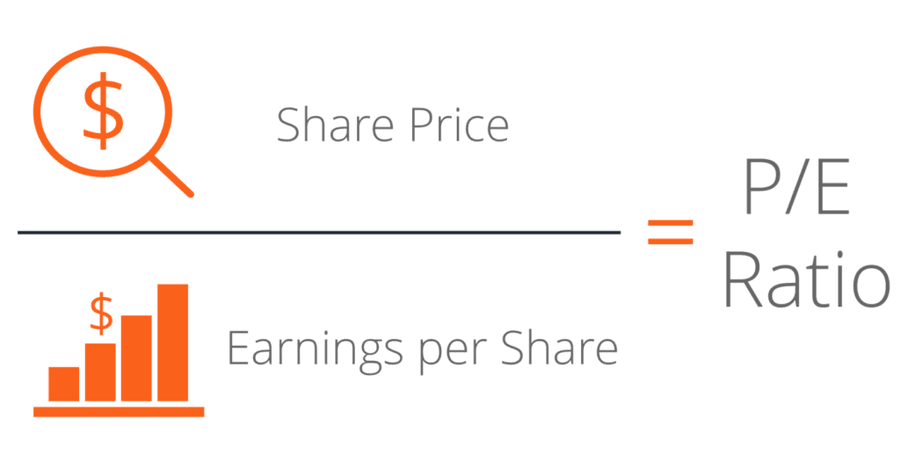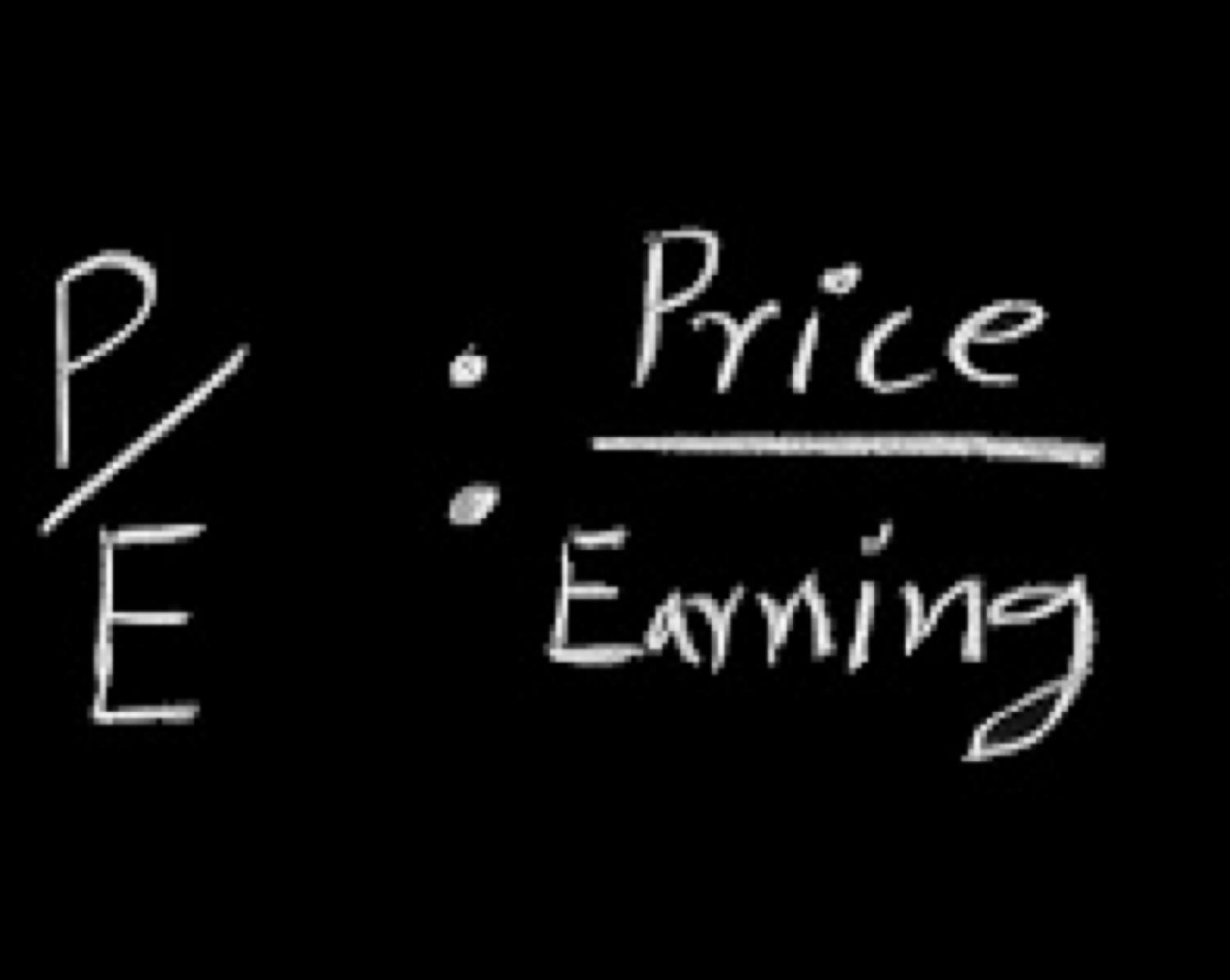P/E Ratio (Price per Earning)
Let's say that a company's stock trades for $100 and that the company has earnings per share (EPS) of $6.50 over the last 12 months.
We can calculate a trailing ("last 12 months") P/E ratio for that stock by simply dividing the stock price ("P") by the EPS ("E"), so 100/6.50 equals about 15.
We can say that this stock has a TTM P/E (trailing 12 months price to earnings ratio) of 15. Historically that is a pretty good average P/E for stock or for the stock market as a whole.
2.5K
6.94K reads
CURATED FROM
IDEAS CURATED BY
Life-long learner. Passionate about leadership, entrepreneurship, philosophy, Buddhism & SF. Founder @deepstash.
The idea is part of this collection:
Learn more about books with this collection
How to manage risk
How to analyze investment opportunities
The importance of long-term planning
Related collections
Similar ideas to P/E Ratio (Price per Earning)
The cornerstone to valuing stocks: The P/E ratio
The go-to metric for nearly all investors when it comes to valuing a stock has to be the P/E ratio. Standing for price-to-earnings, this formula is calculated by dividing the stock price by the earnings per share (EPS). The lower the P/E ratio, the more earnings power investors are buying with ea...
How growth investors can use variations of the P/E ratio
Growth investors often use the P/E ratio as a building block for finding two other metrics: the forward P/E and the PEG ratios.
- The forward P/E is calculated by dividing the stock price by the company's expected future earnings.
- The PEG ratio is calculated by dividing the comp...
The Price Sales Ratio
While using the P/E ratio as a building block is probably the most popular method to value stocks it is far from the only way. Another common technique to valuing stocks is the price/sales ratio. The P/S ratio is determined by dividing a company's market cap -- the total value of all the companie...
Read & Learn
20x Faster
without
deepstash
with
deepstash
with
deepstash
Personalized microlearning
—
100+ Learning Journeys
—
Access to 200,000+ ideas
—
Access to the mobile app
—
Unlimited idea saving
—
—
Unlimited history
—
—
Unlimited listening to ideas
—
—
Downloading & offline access
—
—
Supercharge your mind with one idea per day
Enter your email and spend 1 minute every day to learn something new.
I agree to receive email updates



